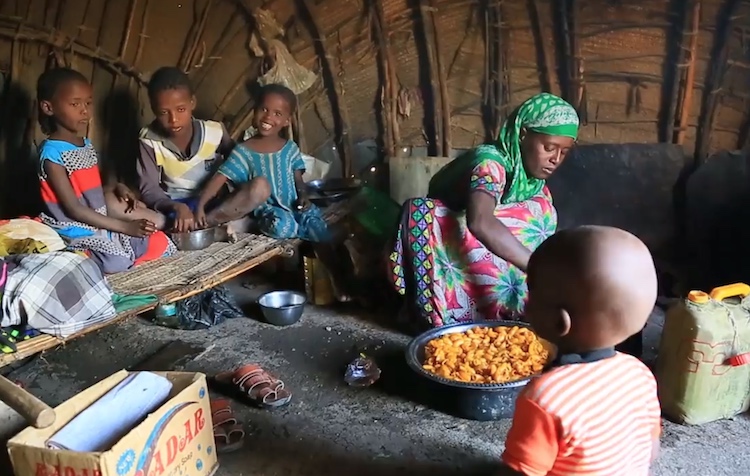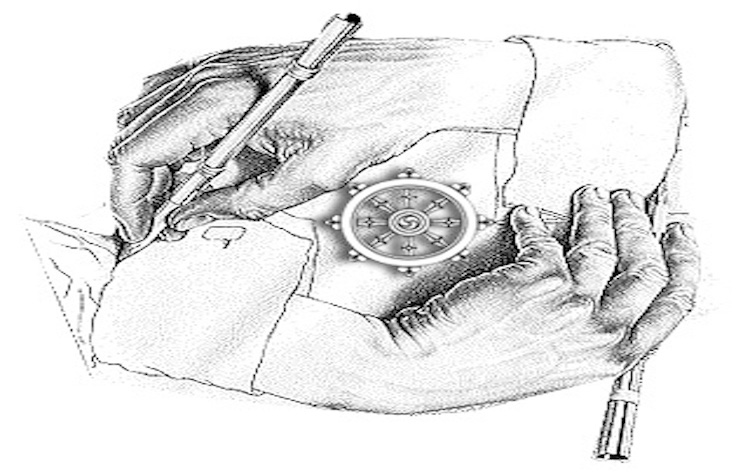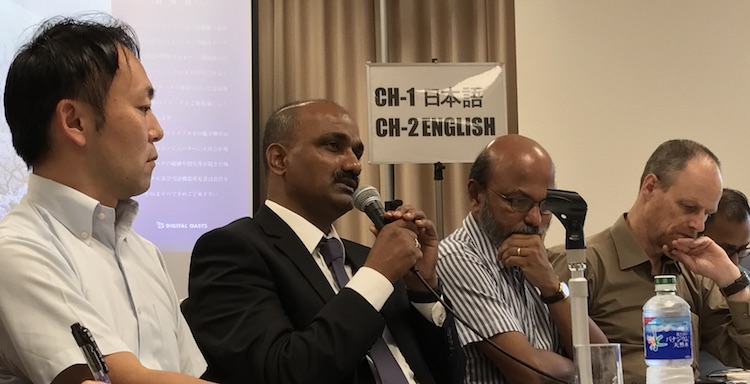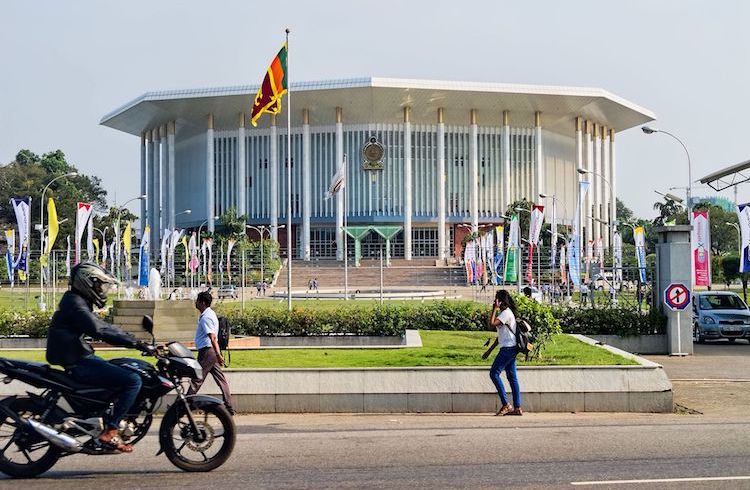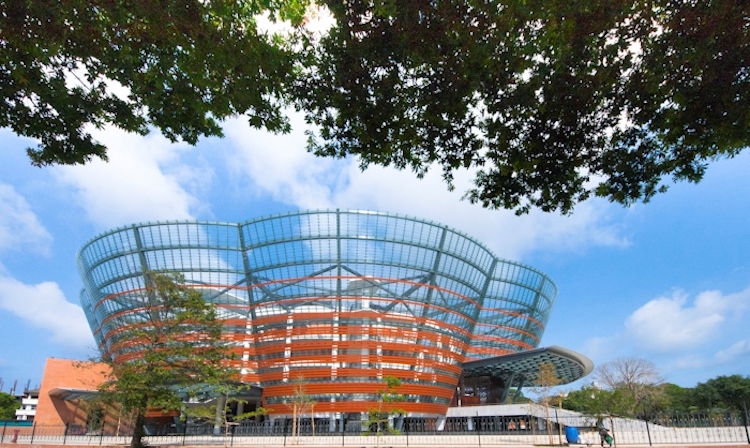By Kizito Makoye BOYNA, Ethiopia (ACP-IDN) – A long spell of drought three years ago made life extremely challenging for 48-year-old Medina Igahle, a mother of five living in Boyna village in the Bubta Wodera region, when some of her goats, cattle and camels starved. “When disaster hit, I had to bundle up what little […]
Gaza Could Become Uninhabitable as Israel Continues Blockade
By Jaya Ramachandran GENEVA (IDN) – A new United Nations report has called for completely lifting the ongoing Israeli land, air, and sea blockade which has reduced the Gaza Strip to “a humanitarian case of profound suffering and aid dependency”. The blockade is now in its eleventh year. The report by the United Nations Conference […]
Rare African Antiquities Lost in Brazil Museum Fire
By Lisa Vives, Global Information Network NEW YORK (IDN) – A fast-moving fire that swept Brazil’s National Museum on September 2 incinerated priceless objects and reduced hundreds of African antiquities to ash, museum official are now saying. The museum’s permanent African exhibit was named Kumbukumbu – a Swahili word for the memory of people, objects […]
African Critics Warn of Dark Side to China’s ‘Charitable’ Loans
By Lisa Vives, Global Information Network NEW YORK (IDN) – There are two sides to every coin and two widely opposing views on China’s offer of generous loans and grants to African countries announced at the recent China-Africa Cooperation Forum in Beijing. At the conference, with representatives from 53 of 54 African countries, sky-high numbers […]
South Africa Faced with Rising Suicides among Young and Old
By Lisa Vives, Global Information Network NEW YORK (IDN) – South Africa’s rising suicide rate was in the spotlight as the World Health Organization marked World Suicide Prevention Day on September 10. 450 men take their lives every month with four out of five deaths being the result of suicide, according to the Men’s Foundation […]
The Time Has Come for ‘Right Mindfulness’ in Journalism
By Kooi F. Lim This article is being moved in association with the Buddhist Channel (Malaysia). KUALA LUMPUR (IDN) – Who? What? Where? When? Why? and How? – also called the six sigma of information gathering are the tools taught at basic journalism schools. Every budding reporting cadet is drilled to probe issues and to […]
Engaging with Faith and Faith Actors on Agenda 2030 for Sustainable Development
Viewpoint by Sudarshan Reddy Kodooru The author is Convener of the Asia Pacific Faith-based Coalition (APFC*) for Sustainable Development and Regional Director, Faith & Development, East Asia at World Vision International. The following is based on his speech during APFC’s first annual meeting on August 29-31, 2018 in Tokyo, Japan. – The Editor BANGKOK (IDN) […]
Foreigners Suspected of Using Rohingyas to Destabilise Region
By Kalinga Seneviratne SINGAPORE (IDN) – The Myanmar government has slammed a ruling by the International Criminal Court (ICC) declaring that they have jurisdiction to investigate the deportation of Rhoyingya Muslims as a possible crime against humanity. In a statement, Myanmar’s President Win Myint dismissed September 6 ICC ruling as based on “faulty procedure” and […]
China and Sri Lanka: A History that Stretches Back into the Mists of Time – Trade, Religion and Diplomacy – 2
Viewpoint by Dr Palitha Kohona The writer of this 2-part series is former Permanent Representative of Sri Lanka to the United Nations, former Foreign Secretary and former Head of the UN Treaty Section. The articles are based on a talk on ‘China and Sri Lanka: A History that Stretches Back into the Mists of Time […]
China and Sri Lanka: A History that Stretches Back into the Mists of Time – Trade, Religion and Diplomacy – 1
Viewpoint by Dr Palitha Kohona The writer of this 2-part series is former Permanent Representative of Sri Lanka to the United Nations, former Foreign Secretary and former Head of the UN Treaty Section. The articles are based on a talk on ‘China and Sri Lanka: A History that Stretches Back into the Mists of Time […]

